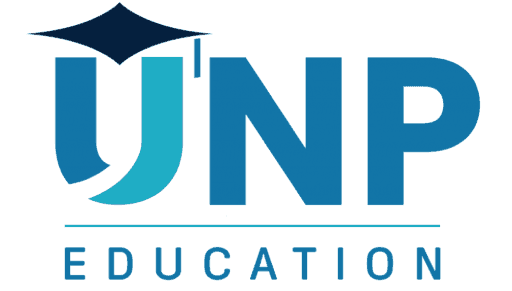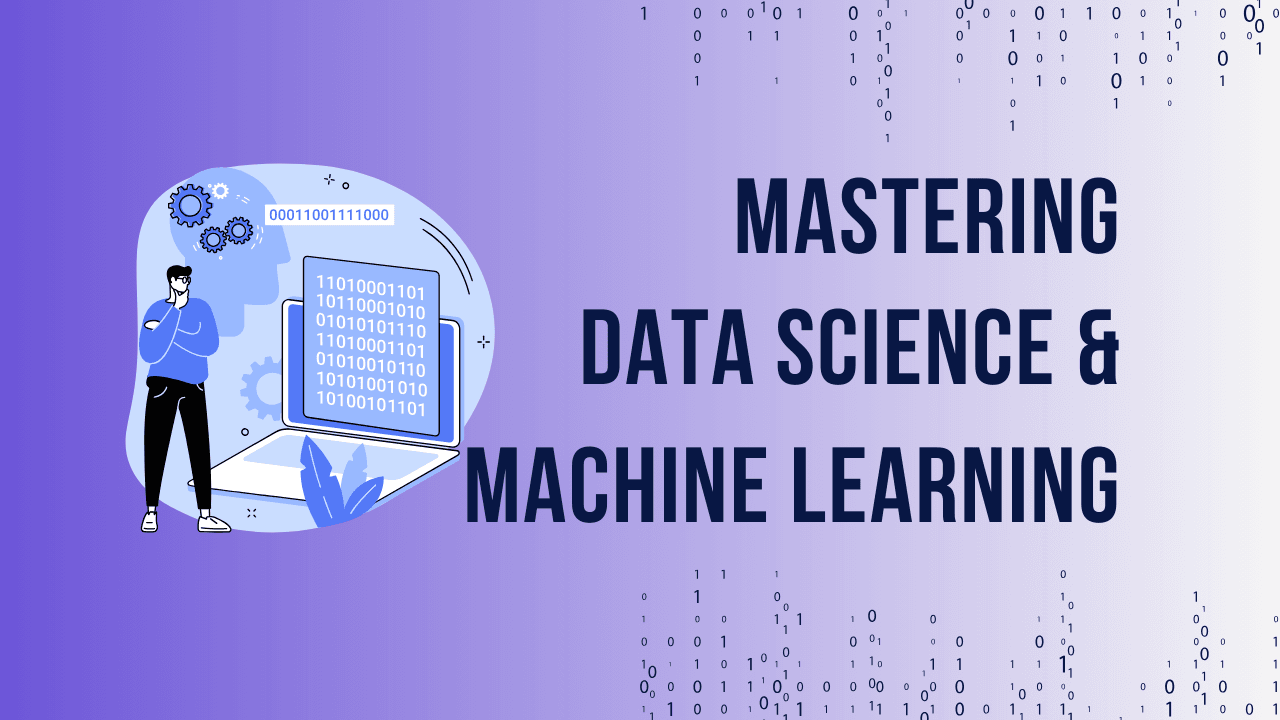In a pivotal scene from Charlie and the Chocolate Factory, Charlie Bucket’s father, Mr. Bucket, experiences a heartbreaking layoff after a new machine replaces his job screwing toothpaste caps. This scenario reflects today’s workforce concerns about technological advancements.
Ironically, he later finds a new job maintaining the machine that replaced him.
This beautiful yet sobering story highlights a universal truth: technology has always transformed the job landscape, often taking away jobs but also creating new opportunities.
From the spinning jenny of the Industrial Revolution to the automatons of today’s factories, the narrative of technology displacing workers is not a new one. Yet, as we stand on the cusp of unprecedented change driven by artificial intelligence (AI), the conversation has reached a critical juncture.
AI is advancing at an astonishing pace, capable of executing tasks once thought to require human intelligence. From automating customer service inquiries to analyzing vast data sets for insights, AI is revolutionizing industries at a speed we have never witnessed before. According to various studies, millions of jobs could be lost in the coming years due to AI and automation, and it has already begun.
However, this transformative technology also presents an extraordinary opportunity for us to adapt and evolve.
In this whirlwind of change, upskilling is not just a necessity—it’s a lifeline. Upskilling refers to the process of learning new skills to remain competitive in the job market. As roles evolve and new technologies emerge, continuous learning becomes paramount for professional survival and growth. The urgency to upskill cannot be overstated.
One of the remarkable aspects of the current situation is that we have AI tools at our disposal to facilitate learning, starting from creating a learning path, pointing us to the right content available online, and testing our new skills. Today, we can learn more effectively and with greater quality.
It’s essential to acknowledge that while AI may render some jobs obsolete, it also creates new opportunities that require a different skill set. Instead of fearing job loss, we must embrace the mindset of continuous improvement.
In conclusion, AI is rapidly transforming the job market, but individuals can take control of their futures through upskilling. Just like Mr. Bucket turned his job loss into an opportunity to work with the technology that replaced him, we too can thrive amidst change.
At UNP, we encourage and teach all our students to leverage AI and available resources to enhance learning and turn challenges into advantages.


